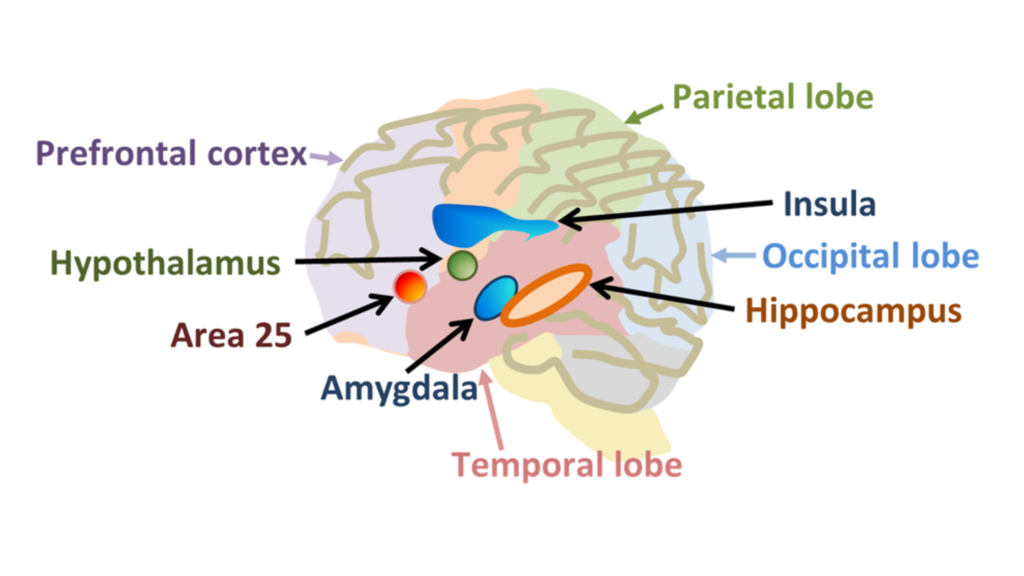People with persistent smell loss following covid-19 are more likely to experience cognitive issues than those who regain or never lose their sense of smell, regardless of the severity of the disease.
Long-lasting cognitive symptoms following covid-19 infection are better predicted by persistent loss of smell than by the severity of the illness.
A sudden loss of smell is a typical sign of covid-19. Previous studies have discovered that Alzheimer’s disease and other conditions can have early warning signs of smell loss. Evidence suggests that covid-19 can also result in long-lasting neurological issues like memory loss and attention deficit disorder.
Participants underwent a sniff test, a series of cognitive tests, and data collection on the severity of the disease at least three months after the covid-19 test.
They discovered that half of those who tested positive for covid-19 had memory issues that were severe enough to interfere with their daily lives, and that roughly two-thirds of those individuals had some form of memory impairment.
Furthermore, compared to individuals who never lost their sense of smell or who had already regained it, those who still had complete loss of smell three months after infection were roughly 1.5 times more likely to experience long-term cognitive impairments. Gonzalez-Alemán claims that regardless of the severity of their infection or whether they needed hospitalisation, this was the case.
According to Frederic Meunier of the University of Queensland in Australia, “these findings support the idea that the coronavirus may enter the brain via the nose.” “Scientists could waste a lot of time looking at other ways the virus enters the brain, but it appears there is something here worth pursuing.”
It is unclear whether cognitive symptoms are caused by direct brain infection given that the majority of brain cells lack the ACE2 receptor the virus typically uses to enter cells. We are aware that the coronavirus can affect nasal cells, and that the ensuing inflammation of these cells can interfere with the olfactory neurons that detect smells, leading to a sudden loss of smell. Notwithstanding, a cell study released last month raises the possibility that the coronavirus could create minuscule tunnels in nose cells and travel through these to infect brain cells. If true, it might offer a rationale for the correlation between some cognitive symptoms and loss of smell.
Patients will be followed up by Gonzalez-Alemán and her team for an additional four years. They are interested in learning more about the processes that link memory problems to odour perception in general as well as the long-term effects of covid-19 infection on cognition.
Mechanism That Connect Odour Perception to Memory Issues
It should come as no surprise that memory and smell are closely related. Smells are “really special” because they can evoke memories that might never be remembered,” according to Herz.
In actuality, it is crucial. Odour-related memories can be incredibly powerful and effective. The olfactory bulb, a structure in the front of the brain, processes smells before sending data to other regions of the body’s central nervous system. Odors travel directly to the limbic system’s emotional and memory-related areas, such as the amygdala and hippocampus.
Many years of research have led us to the conclusion that the emotional processing areas of the brain, which are also activated by odours, include the amygdala. A region of the brain responsible for processing emotional memories and experiences. as well as the hippocampus A part of the brain that is involved in learning, particularly associative learning, and is located in the temporal lobes.
The areas of the brain that contain the hippocampus and amygdala.
This part of the brain is responsible for emotional processing. The temporal lobes are located beneath your skull, close to your left and right temples. The hippocampus is a seahorse-shaped brain area involved in associative learning, which occurs when two separate events or things are linked together.
Experiential studying shows that the amygdala and hippocampus are very close together, making it easy for us to learn and remember emotional memories.
Following passage through the nose and the olfactory bulb. The part of the brain that receives smell information. The amygdala and hippocampus receive information about smell. The only sense processed in this area of the brain is odour. As a result, smell is the sense most strongly associated with brain areas involved in emotion, learning, and memory.




